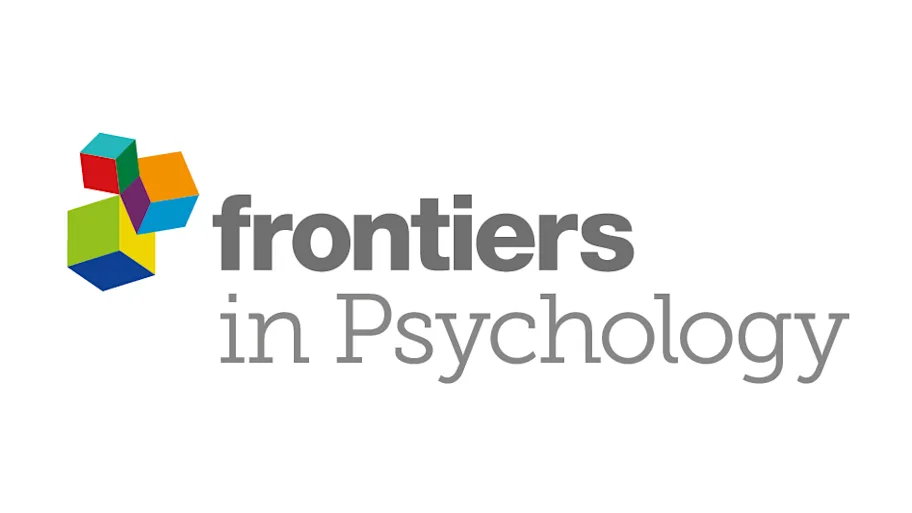
- Science news
- Frontiers news
- Frontiers in Psychiatry welcomes new Specialty Chief Editor: Professor Sören Krach
Frontiers in Psychiatry welcomes new Specialty Chief Editor: Professor Sören Krach
Frontiers in Psychiatry welcomes Professor Sören Krach from Lübeck University, Germany, as Specialty Chief Editor of the new Social Cognition section

Professor Sören Krach heads the Social Neuroscience in Psychiatry group at Lübeck University’s Social Neuroscience Lab. His clinical research focuses primarily on Autism Spectrum Disorder and social anxiety.
As the Specialty Chief Editor of the new Frontiers in Psychiatry section, he aims “to encourage scientists in the field of psychiatry to dare new avenues in the study of social cognition.” He also hopes to create a space for researchers to embrace the full methodological breadths of the field.
“Humans constantly represent themselves in the context of their surrounding social world and social interactions eminently shape how humans perceive, feel, and behave,” he says. “Perturbations in the capability to properly engage in social interactions have a severe impact on personal wellbeing. Accordingly, most psychiatric conditions reveal perturbations in social cognition.”
The domain of social cognitive processes thus belongs to the central themes on the way to a better understanding of mental disorders. This has been also acknowledged in the Research Domain Criteria (RDOC) initiative of the National Institute of Mental Health (NIMH) by explicitly listing “Systems for Social Processes” as one of their five research domains to the investigation of mental disorders.
Prof. Krach identifies a major challenge in the field as the need to “nurture our vision for assessing social cognitive processes in more ecologically valid settings that truly matter for people.” He explains that with the current means to understanding psychiatric conditions, international, multisite consortia concentrate on rather simple and well established but reduced (experimental) paradigms in highly controlled settings.
“I am not asking for a turnaround of the field but think it is an equally valuable alternative for psychiatric research aiming to understand the causes and effects of perturbations in social cognition more closely in the social environment they unfold.”
The launch of the Social Cognition section is highly timely – “the rise of social media and virtual communication platforms is a chance and challenge for the study of social cognition and its deficits,” explains Prof. Krach.
“On the one hand, the digitalization of social encounters fundamentally changes the way humans interact. The increasing usage of social networks, smartphones, messengers facilitates but may also distort communication and the quality of social signals. On the other hand, these technical innovations offer exciting potential for novel strategies to examine social phenomena and their perturbations as well as treatment opportunities. Mixed reality, ecological momentary assessment, social network analyses and so on may greatly enrich the repertoire of tools and methods to the investigation of processes underlying social cognition.”
Prof. Krach believes that Open Access facilitates and fosters fruitful communication, interaction and collaboration between researchers worldwide, and does not exclude researchers from ongoing discussions in the field. Prof. Krach argues this is a key ingredient to the development of novel paradigms in general – something especially known in the field of social cognition.
Frontiers in Psychiatry’s newest section, Social Cognition, is now open for high-quality submissions and Research Topic proposals.






